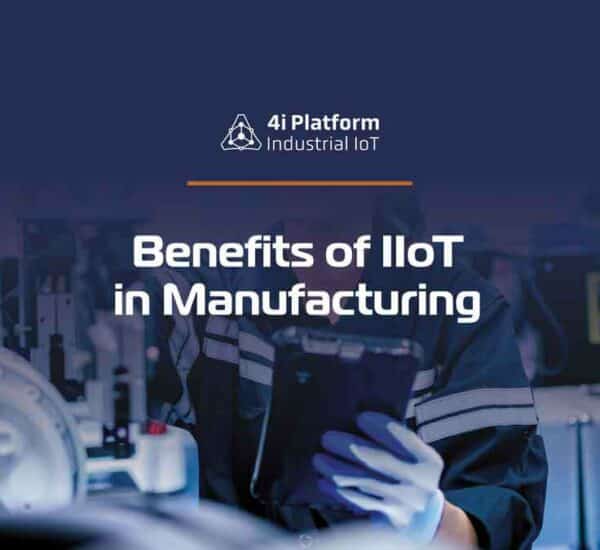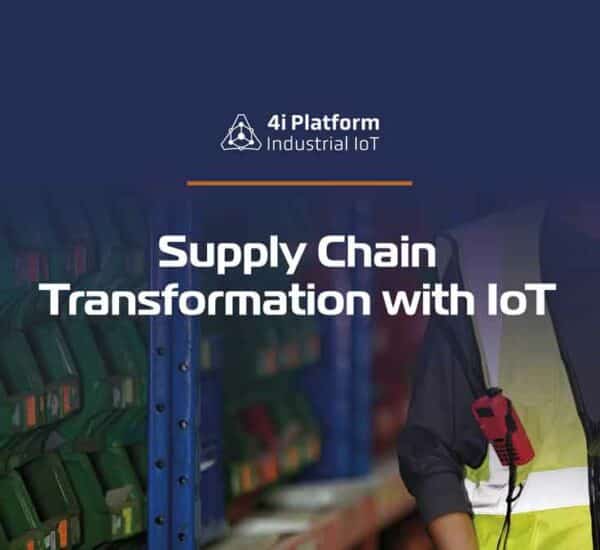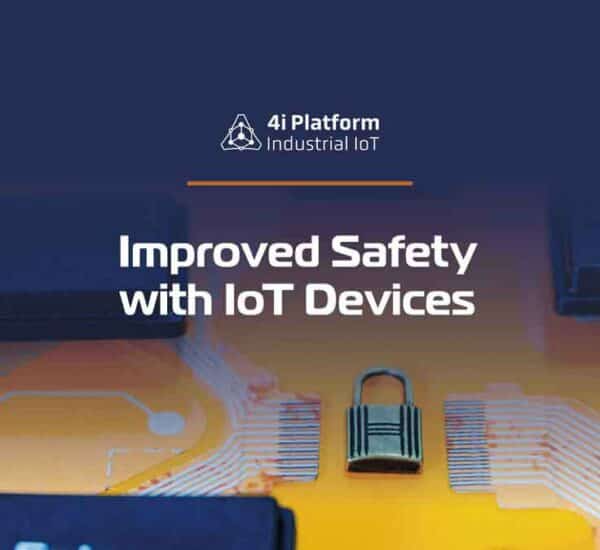The world is constantly changing, and it is enabling the development of IoT and business intelligence. According to projections by Business Insider, the number of IoT devices in use in the industry will reach 55 billion by 2025.
Above all, IoT allows companies to replace manual asset tracking systems with automated sensors. These sensors can be connected to the internet and centralized systems, so, it allows for real-time monitoring of company assets.
IoT has great potential to improve customer satisfaction.
The importance of IoT in business
Some businesses have begun outsourcing their development projects because of the immense benefits of the Internet of things.
We are an outsourced developer company that uses advanced software development techniques to deliver cost-effective IoT solutions for our clients.
Effective Asset Utilization with IoT and Business Intelligence
Organizations can use IoT to track and monitor their assets, which is one of the biggest benefits. As a result, companies can use these sensors in transport vehicles and remote locations to track changing events.
IoT companies monitor the health of their equipment to ensure that they are in good condition.
Acquisition of Sensor Driven Insights
Companies that use IoT can gain valuable insights from every aspect of their business. Every bit of data is important for companies that operate in highly sensitive or life-threatening environments.
Remote sensors can prevent serious consequences in sensitive locations, such as oil wells. In other words, these sensors can be connected to the company’s headquarters via cellular networks, allowing:
- Remote monitoring and control of site equipment.
- Every second, gather useful data.
- Future forecasts that can be used to create predictive models.
Enhanced Customer Service
Organizations can reduce the time it takes to turn around and the number of resources they need to manage their assets by using IoT.
For example, Amazon uses IoT to improve customer satisfaction. Amazon uses IoT to:
- Artificially intelligent robots can sort and place items automatically, without the need for human intervention.
- Remotely controlled drones used to ship local products
Increased communication between devices
IoT and business intelligence are the path for smart homes and offices. These will be able to connect IoT devices with local appliances like lighting and air-conditioning.
Therefore, these smart places will automatically adjust temperature and light levels to create a personalized atmosphere for the room’s occupants.
Cost-Effectiveness
IoT’s future has huge potential for the automotive industry.
Automakers have begun to design self-driving cars, which can communicate with one another and their internal devices. This technology is great for Uber and other transport services.
This interconnection of devices will not only reduce labor costs but also increase fuel efficiency. Some organizations use this Big Data to make most of the information gathered via the Internet of Things. These data can be used to predict future events and learn from past experiences.
IoT and Business intelligence: Benefits for e-commerce:
According to Statista, a reputable statistical research website, with the development of IoT and business intelligence, last year almost 1.66 billion people purchased goods online.
IoT also plays an important role in streamlining the processes of this highly utilized e-commerce sector. It allows to:
- Enhance User Experience: Online retailers are now using smartphone apps and digital tracking systems to make it easier for customers. These IoT devices inform customers when their package will arrive and allow them to adjust their schedule accordingly.
- Inventory Optimization: Companies can track every item in their warehouse using the Internet of Things. They can track exactly when and where a product left their warehouse. This allows them to replenish products before they are sold out on their online store.
The speed at which businesses adapt to the Internet of Things will determine how it affects their business. IoT and business intelligence allow to optimize their operations, organizations are investing in smart and interconnected devices.
Outsourcing your IoT implementation
Here is how an outsourced software company can implement an IoT solution in your workplace understanding Your Business Needs.
To build an IoT solution that will have a major positive impact on your business, an outsourced software developer needs to:
- Learn about the scope of your project.
- These are the key requirements they must meet.
- To avoid unrealistic expectations, make sure management and development teams agree on everything.
A company that is not in-house will prepare a business model. This is to ensure that all stakeholders’ requirements are met in the IT solution.
System Design and Development
After you have defined the scope of the IoT solution, it is time to design and construct the actual solution. This phase is crucial because it determines the software architecture that your outsourcing developer will use.
Delivery of the product
After we have successfully developed an IoT system, a team of outsourced developers will deliver it to your office. Consequently, this could include installing software on the users’ computers and placing hardware on-site.
So, to make sure you have quality, the development team will collaborate closely with you to test your final product.





